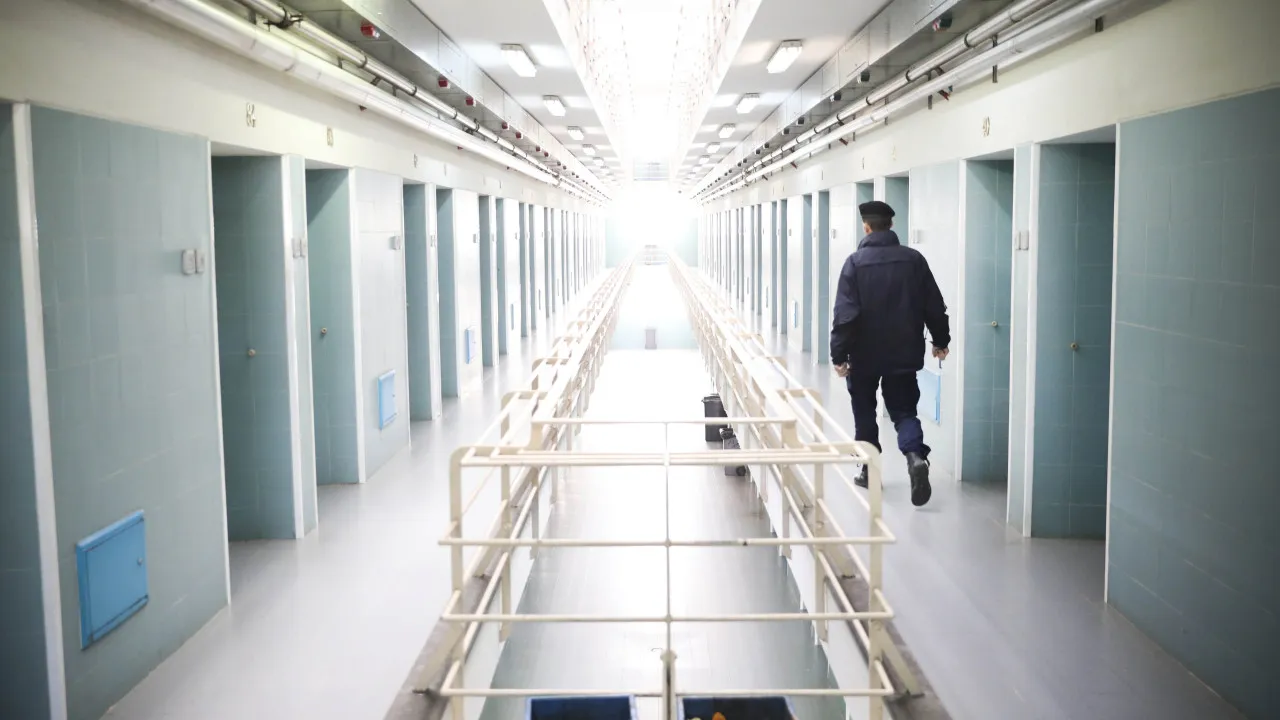
The data comes from SPACE I, the annual penal statistics report by the Council of Europe, released today, which shows Portugal as having the longest average detention periods.
The longest periods were recorded in Portugal — data from 2023 — with an average detention period of 31.1 months, followed by Azerbaijan with 29.7 months, Moldova with 25.6 months, and Romania with 25.5 months. In contrast, Bulgaria reported an average of 3.9 months, Germany 4.2 months, and both Croatia and Northern Ireland 5.2 months.
Compared to 2021 data, the average detention period increased, given that 30.6 months were recorded that year, with Portugal already holding the top spot.
The Council of Europe suggested in the report published today that the situation in Portuguese prisons might be linked to the limit on using short-term sentences, possibly resulting in “a sense of obligation” for courts to “impose longer sentences, especially when considering imprisonment necessary, such as in cases of recidivism.”
The document also reveals that Portugal has a low admission rate, yet the prison population remains above average, “possibly due to longer average sentences or restrictions on using alternatives to imprisonment.” This reality, acknowledged by the Council of Europe, increases the risk of overcrowding over time.
Regarding the ages of prisoners, the percentage of inmates aged 18 to 25 years in 2024 was 6.2% — the lowest in Europe. This is followed by the Czech Republic and Poland with 7.7%, while Sweden has the highest percentage of young prisoners at 28%.
On the other hand, Portugal ranks among countries with the highest number of prisoners aged 50 to 64, in third place, with 21%. Slovakia leads with 25%, followed by Italy with 24%. Additionally, 4.1% of Portugal’s prison population is over 65 years old, still far from Croatia, which has the highest number of inmates over 65 years old at 9.8%.




